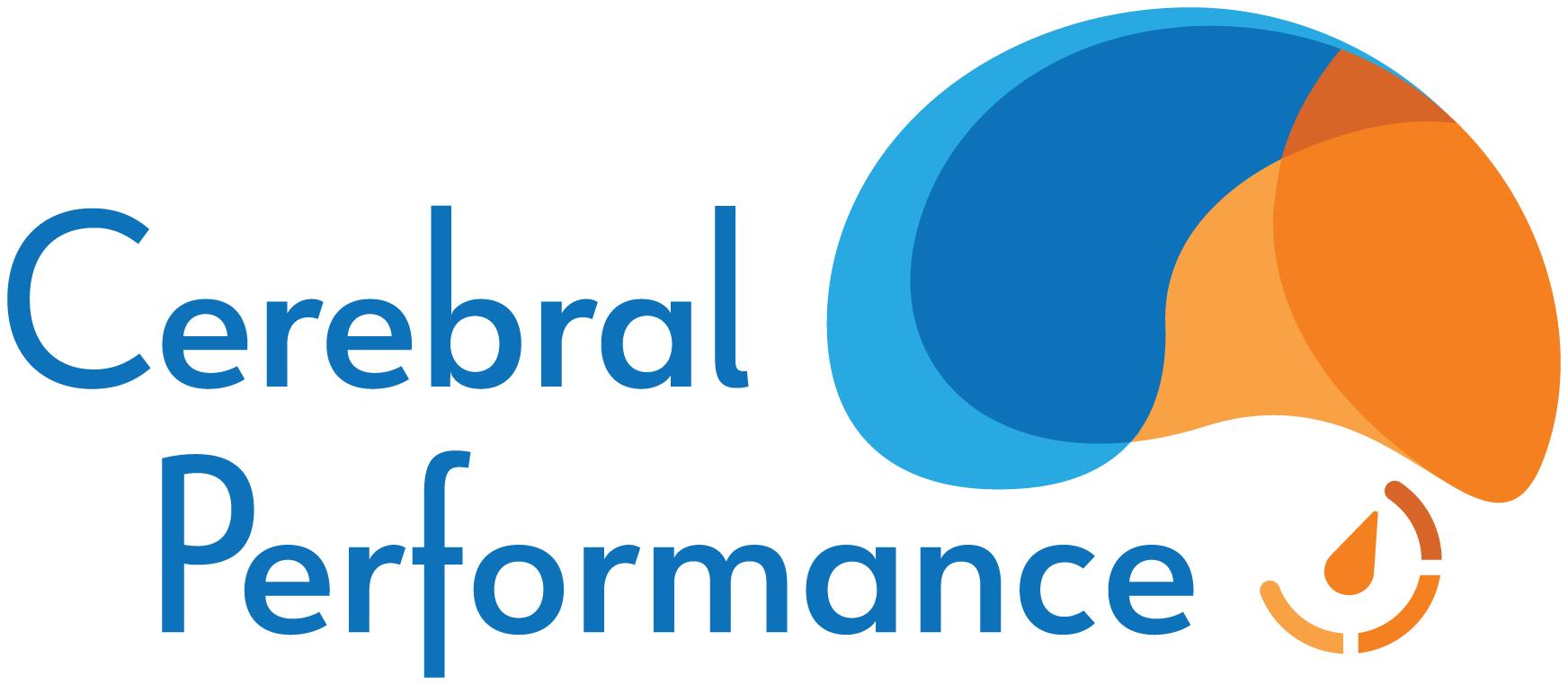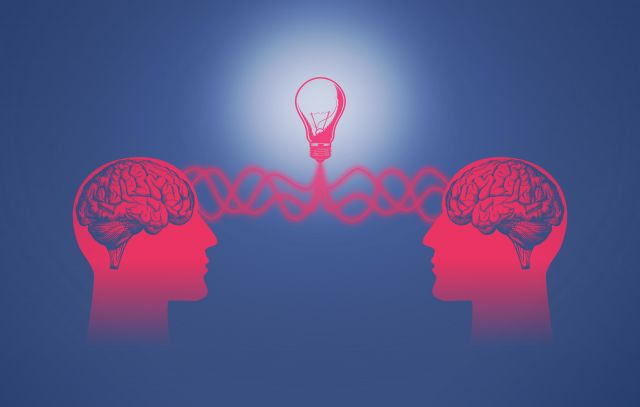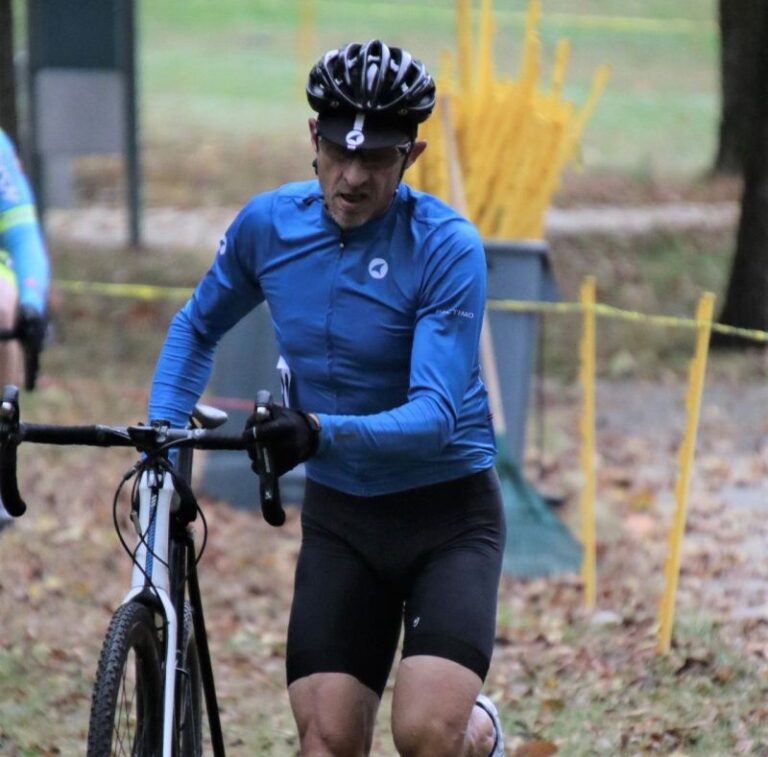Is Performance Hard-Wired? Insights from a Twin Study in Cycling
For a scientist and coach interested in the nuts and bolts of human performance, the opening stage one of this year’s Tour de France was a watershed moment. Identical twins Adam and Simon Yates, competing for rival teams, were out in front of the field racing head-to-head for the win.
Monozygotic twins like Adam and Simon effectively share an identical genetic code, and are typically raised together, causing their experiences to also be very similar. Yet, because the world is not a test tube, even identical twins diverge over time as a result of their different choices and experiences.
As Adam pulled ahead of his brother in the final 100m, I was left pondering what made the difference. Was it something in about their training, race day health, execution, or mental preparation? We’ll never know, but one thing is certain, the deciding factor was not a differences in their genetics.
While their genetic gifts opened the door, it was their dedication and persistence to performance optimization that enabled Adam and Simon to be join the uppermost tier of professional cycling. There are lessons here for the rest of us.
We are often quick to attribute our limitations in life to factors over which we lack control, including our genes. This is the essence of a fixed mindset and is strongly associated with stagnation rather than growth. While we may not carry the rare genetic potential of a superstar, chances are high that we all possess untapped potential for improvement in whatever realm we chose. An expert mentor or coach can help you address the factors that are holding you back and accelerate your learning curve.







